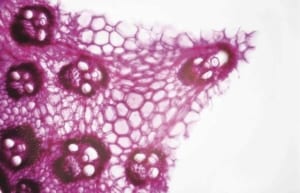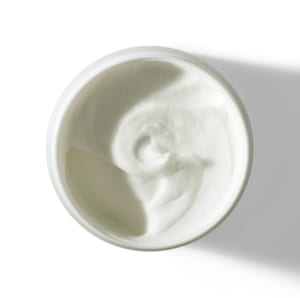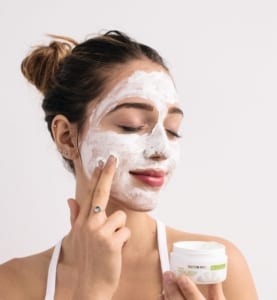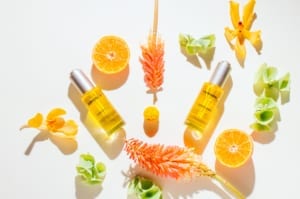Uncovering the powers of Vitamin B, also known as the Vitamin responsible for optimal overall skin health. B vitamins in particular support skin health in a multitude of ways, making their inclusion in your daily regimen. We sat down with Dr. G to understand the important role it plays with our skin.
As an ingredient in skin care formulas, vitamin B3 appears in just two main forms: nicotinic acid (also known as niacin) and nicotinamide (also called niacinamide). Both of these function very much alike as vitamins and, in fact, nicotinic acid must first be converted into nicotinamide by your body before it can be used. Nicotinamide is an essential element in the creation of two important enzymes (NADHand NADPH) that play a central role in both cellular energy production and the formation of skin lipids. Unfortunately, your levels of NADH and NADPH decline drastically as you grow older. The good news is that topical application of niacinamide helps preserve these valuable enzymes that defend your skin against many of the common factors that accelerate aging.”
Another important factor in the aging process is the gradual loss of collagen and elastin fibers that are manufactured by specialized skin cells called fibroblasts. A dynamically effective strategy for preventing skin aging is to reduce collagen breakdown while simultaneously increasing fibroblast production. Studies with human fibroblasts showed that niacinamide stimulates new fibroblast growth by 20% and collagen secretion by 54%.

Finally, one of the most interesting aspects of niacinamide s age-defying potential is its ability to fade age spots. This condition (technically known as hyperpigmentation) is defined as any spot on your skin that’s dark enough to effectively stand out against the surrounding area. This phenomenon is usually the result of your skin’s efforts to protect itself from the harmful effects of ultraviolet light. It occurs when overexposure to sunlight causes the melanocytes in the deeper layers of your skin to produce cells that contain a skin-darkening pigment called melanin. These specialized cells known as melanosomes are picked up by your keratinocytes that are constantly migrating upwards toward your skin surface. Nicotinamide doesn’t inhibit the production of melanin, but it does interfere with the transfer of melanosomes to your keratinocytes by up to 68%. This makes nicotinamide a very effective and much safer alternative than hydroquinone, a chemical skin lightener that studies have shown may cause cancer.
Given its excellent safety profile, outstanding stability, and well documented therapeutic effects (which also include antioxidant and anti-inflammatory benefits), niacinamide is highly recommended as a powerful anti-aging ingredient and as an effective remedy for acne-prone skin as well. Nicotinamide is gentler than retinoids and glycolic acids, making it an excellent alternative for those who aren’t able to tolerate more aggressive treatments.
Vitamin B:
- Increases production of ceramides and fatty acids, two key components of the skin’s outer protective barrier
- Powerful form of Vitamin B, this powerhouse ingredient contributes to the support of the skin against pollutants and other irritants, may help in reducing the appearance of hyperpigmentation and encourages the production of natural emollients that can help the skin remain hydrated.
Found in: Wake Up Call, Hands to Heart and Brightening Elixir (vit B3)/ 3%



